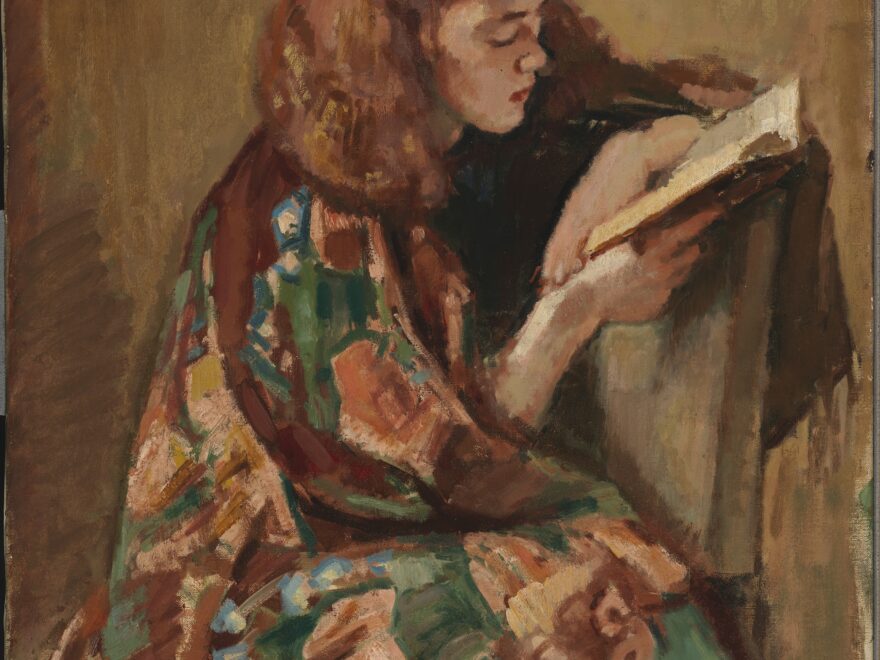Category: Charlotte Mason
-

Charlotte Mason on Thanksgiving
The tradition of a Thanksgiving holiday has a rich history in Christianity that predates the holiday as it has developed in America. In fact, numerous countries across the world celebrate some form of thanksgiving as a national holiday. The idea of thanksgiving or gratitude stems from a prominent biblical theme, one which calls the Christian…
-

The Narration-based Science Lesson
The method of narration articulated by Charlotte Mason is a powerful tool that involves children retelling what they have learned in their own words. Students tell back the content of what they have read, seen or heard. This actively engages their minds in the process of assimilating knowledge, making connections and cultivating language skills. Narration…
-
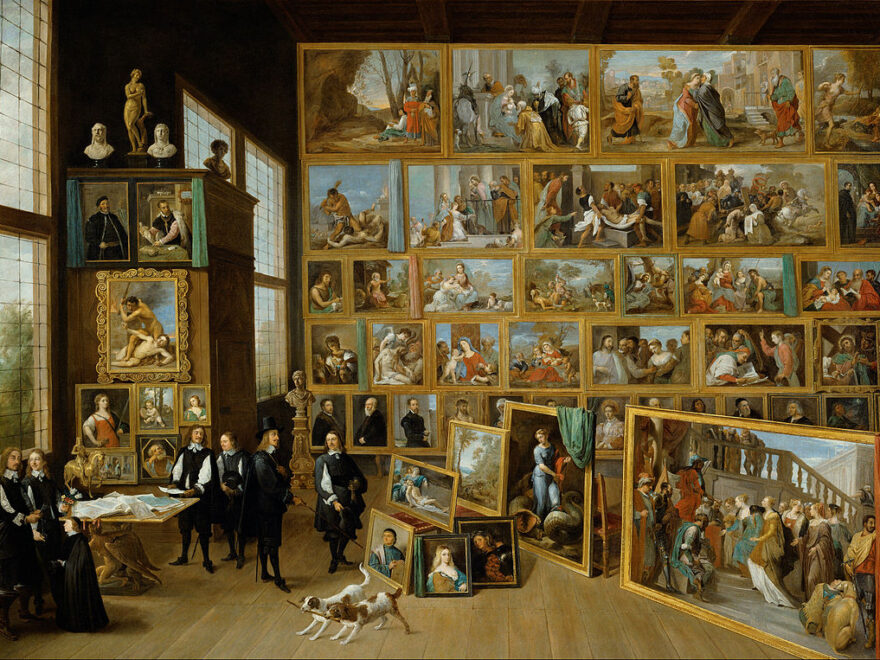
Learning to Appreciate Beauty: A Deep Dive into Picture Study
Amongst the subjects that epitomize Charlotte Mason’s philosophy of education, picture study – otherwise known as artist study or art study – offers so much scope for us to consider how classical education can benefit from a deeper understanding of Mason’s methods. When we think about the classical tradition, we often focus on the great…
-

Goal Setting and Habits: Starting the New Year SMARTer
It is the start of 2024 and I return once more to the topic of habits. There is an ancient tradition associating habits with virtues. It was Aristotle, for instance, who wrote that “moral virtue comes about as a result of habit” (Nichomachean Ethics 2:1 or 1103a15-b25, trans. W. D. Ross). At the beginning of…
-
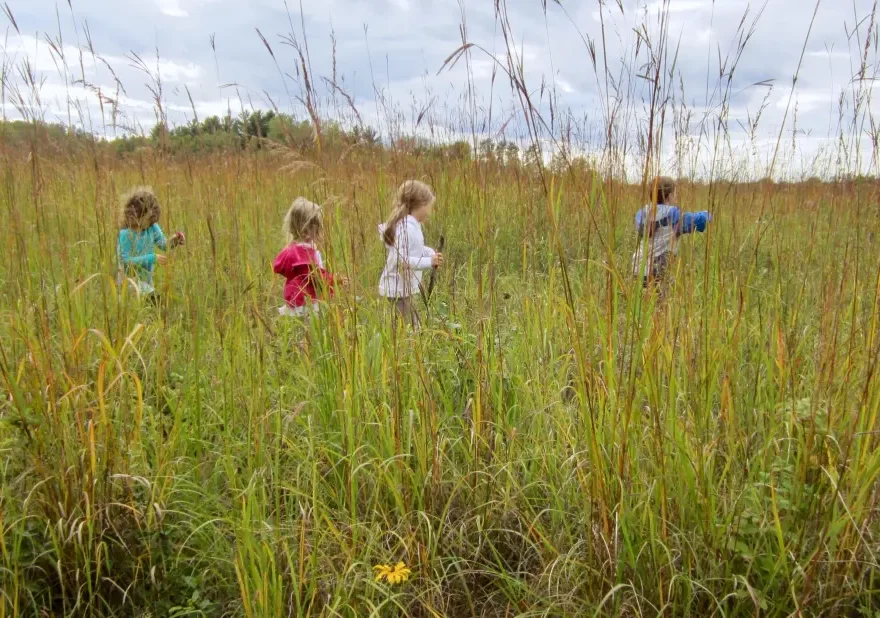
Towards a Philosophy of Nature Study
And God said, “Let the earth sprout vegetation, plants yielding seed, and fruit trees bearing fruit in which is their seed, each according to its kind, on the earth.” And it was so. The earth brought forth vegetation, plants yielding seed according to their own kinds, and trees bearing fruit in which is their seed,…
-
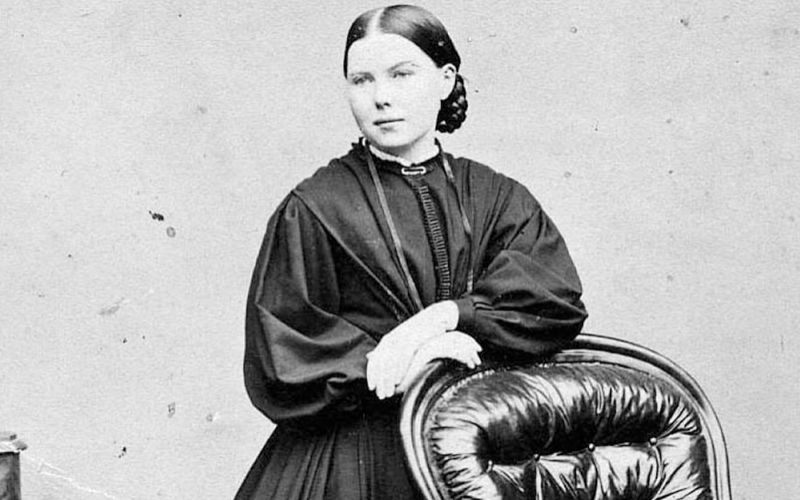
Charlotte Mason, the Educational Philosopher
In researching Charlotte Mason’s life for my forthcoming book on her with Classical Academic Press (preorder Charlotte Mason: A Liberal Education for all!), the latest in the Giants in the History of Education series (register for my live webinar with Classical Academic Press!) I was struck by Mason’s insistence on the importance of educational philosophy.…
-

“Education is a Life”: Igniting a Love for Learning in the Classroom
“’Education is an atmosphere, a discipline, a life’––is perhaps the most complete and adequate definition of education we possess. It is a great thing to have said it; and our wiser posterity may see in that ‘profound and exquisite remark’ the fruition of a lifetime of critical effort (Charlotte Mason, Parents and Children, p. 33).…
-
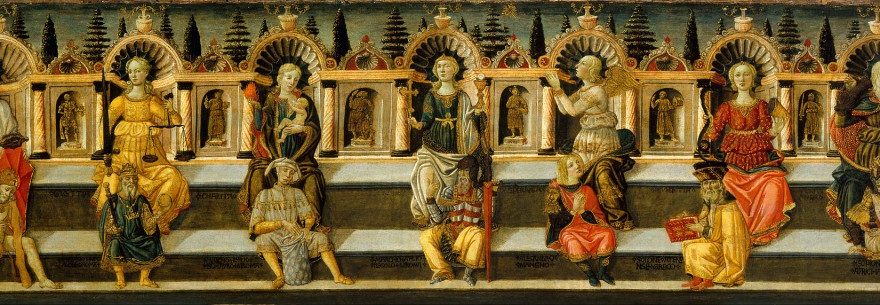
“Education is a Discipline”: Virtue Formation in the Classroom
“’Education is an atmosphere, a discipline, a life’––is perhaps the most complete and adequate definition of education we possess. It is a great thing to have said it; and our wiser posterity may see in that ‘profound and exquisite remark’ the fruition of a lifetime of critical effort (Charlotte Mason, Parents and Children, p. 33).…
-

“Education is an Atmosphere”: Foundations for a Christian “Paideia”
‘Education is an atmosphere, a discipline, a life’––is perhaps the most complete and adequate definition of education we possess. It is a great thing to have said it; and our wiser posterity may see in that ‘profound and exquisite remark’ the fruition of a lifetime of critical effort. Charlotte Mason, Parents and Children, p. 33…

